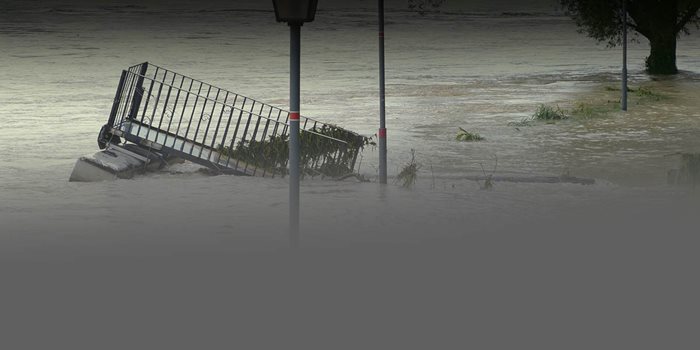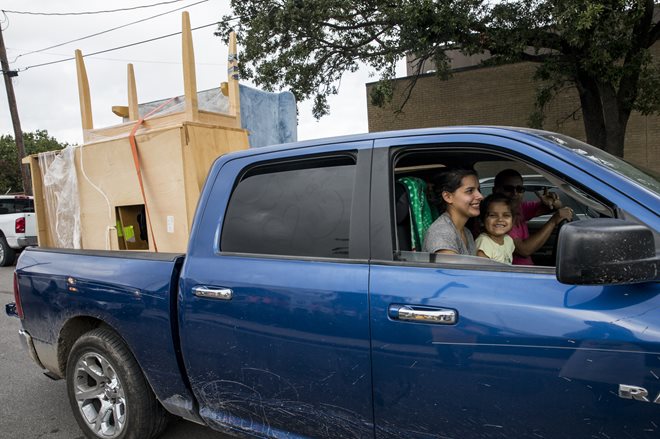Sarah Norman, Director of Healthy Homes & Communities, NeighborWorks America
Leah Ettman, Senior Associate of Health & Wellness, National League of Cities

Have you ever noticed how tight finances and low temperatures often seem to collide? Come January most people are still dealing with extra holiday spending and then the cost of living goes up with higher energy bills!
While lecturing now about budgeting for Christmas would be a bit tardy, it's not too late to take a look at ways to help residents save money on their power bills. We'll focus on the low-cost ways to tackle that bill now, with some hints about more substantial expense — and subsequent saving — to be considered later.
The data are stark and clear: Despite an improving economy, the gap between black and white homeownership continues to be a wide one. Nationally, the black homeownership rate is 41 percent — nearly unchanged from 50 years ago, when the federal Fair Housing Act banned racial discrimination in our sector. That compares to the 71 percent of white adults who own a home. The gap is even wider now than it was in 1900, documents a study by Zillow.
The winter holidays and the start of school are times when expenses can suddenly spike. Many low- to moderate-income families are unable to cover them, turning instead to expensive, predatory payday, auto-title or similar loans. Clearly, a safe alternative is needed.
San Francisco’s Chinatown faces a number of challenges, stemming back to its origins: Chinese immigrants to the city were often limited to living in the neighborhood due to discriminatory policies and practices, reinforced by a natural desire to seek out supportive environments. Over time, a strong sense of community developed. Today, however, residents face a constant threat of eviction and displacement due to San Francisco’s hot real estate market.
The regular, thorough organizational assessments required of all nonprofits wanting to become and stay members of the NeighborWorks network is daunting. There is no denying it: The process requires significant staff time and is both demanding and rigorous. But it is a compelling point of differentiation for funders and policymakers, and many organizations have discovered a variety of internal benefits that have made them champions of the requirement.
Everyone knows it’s important to save for a “rainy day.” Emergencies happen: appliances break, cars sputter to a stop, jobs are lost. But when your paychecks are not that much more than what you need to pay your routine bills, that’s a habit most haven’t been able to form.



